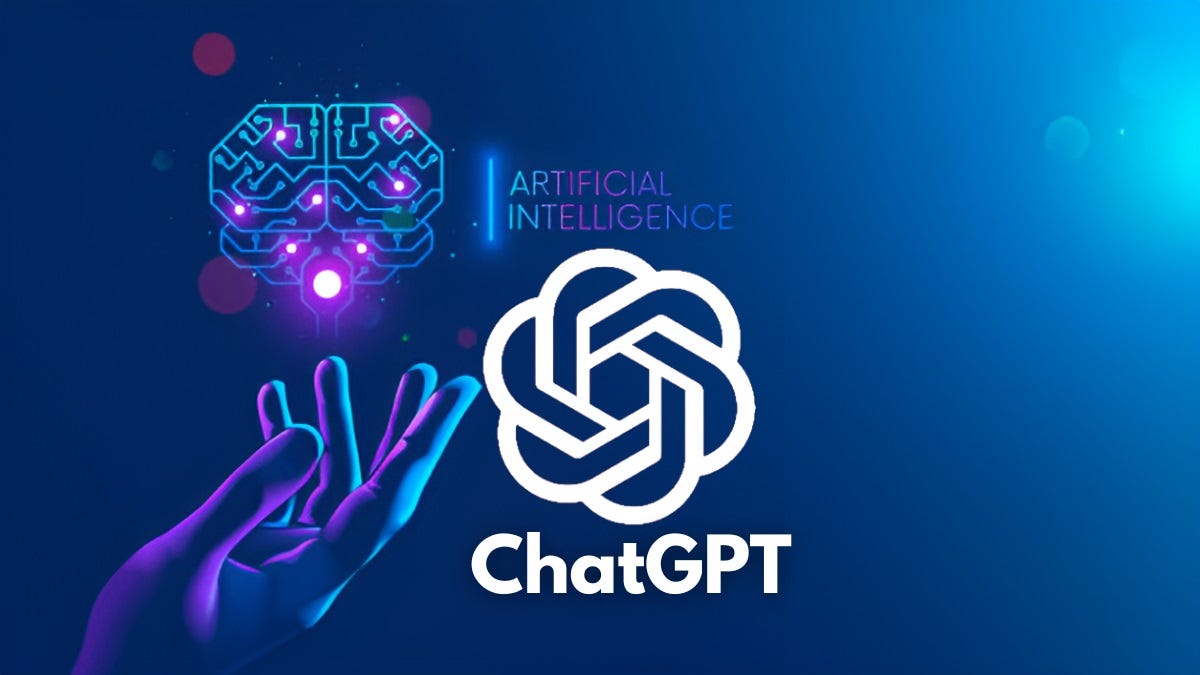It is inevitable to look ahead and consider where the innovative technology of ChatGPT will be in 2024 as we enter the constantly changing world of Artificial Intelligence (AI). An increasing number of AI applications will be mobile-friendly, impacting not only our professional lives but also our personal relationships and leisure activities.
OpenAI’s linguistic wonder ChatGPT has already pushed the limits of what is possible in machine learning and Natural language processing (NLP). Regarding this AI phenomenon, though, what does the future bring? Let’s set out on a quest to discover what the future holds for ChatGPT in the coming year.
AI will impact almost everything, including politics and education, in this article however, we shall focus on three areas.
Read also: Musk unveils AI “Grok” to compete with ChatGPT
The change in workplace
ChatGPT is going to become an integral part of our routines very soon. The year 2024 will usher in the AI copilot for millions of workers. But for a lot of people, it may be the year that the predictions of job losses due to AI become a reality.
The role of artificial intelligence will shift from that of a passive assistant to that of an active collaborator in our daily lives, whether it’s handling emails, making appointments, or translating languages in real-time. Efficiency and convenience in one’s personal and professional life will be redefined by this integration.
The European Union’s Artificial Intelligence Act exempts certain open-source models from certain regulations, and venture capitalists are rushing to invest in these companies. Instead of concentrating on broad solutions like ChatGPT, expect to see companies innovate in how they apply AI models to their own products.
The change in health sector
According to Omar Arnaout, a neurosurgeon at Brigham and Women’s Hospital, AI will help improve surgical precision and post-operative monitoring by “analysing patient data,” which should lead to more personalised medical treatment plans and earlier disease detection in 2024.
As an example, AI will pave the way for more personalised cancer treatments by allowing for the development of more precise pharmaceuticals and novel drug combinations based on each patient’s unique physiology.
The largest tech companies went on an acquisition binge in the health tech industry after radiologist Marc Succi told Axios that patients would increasingly use AI chatbots for medical triage advice.
AI FinanceGPT to Simplify financial analysis in SA local languages
The change in content creation
There is little doubt that the innovative uses of ChatGPT will experience an exponential rise. An increasing number of tasks will make use of ChatGPT’s creative abilities, such as poetry writing and the generation of novel business ideas. Along with making creativity more accessible, this will pave the way for exciting new artistic partnerships between humans and AI.
Experts predict that the next year will see major legal decisions arising from copyright disputes involving artificial intelligence (AI), notably those involving the unlicensed use of protected content to train AI models.
James Grimmelmann, a professor of digital and information law at Cornell Law School, told Axios that the Copyright Office and courts will need to educate themselves on the creative decisions made when developing and guiding models.
Developers of AI often fail to explain the reasoning behind their tools’ decisions and the content they use for training, which is a major issue. This opacity will only grow as technology progresses unless business practices are altered. Tech behemoths like OpenAI, Microsoft, Google, Getty, and Adobe have all committed to shielding users from legal action related to the content they’ve created with their AI tools.
The research conducted by Upwork indicates that there is a large confidence gap between executives, managers and individual workers when it comes to their organization’s AI plan and products. Executives have a confidence gap of 73% to 53%.
Bill Gates claims that recent developments in artificial intelligence will cause “a massive technology boom later this decade,” but he also admits that widespread use might take another two years.
















